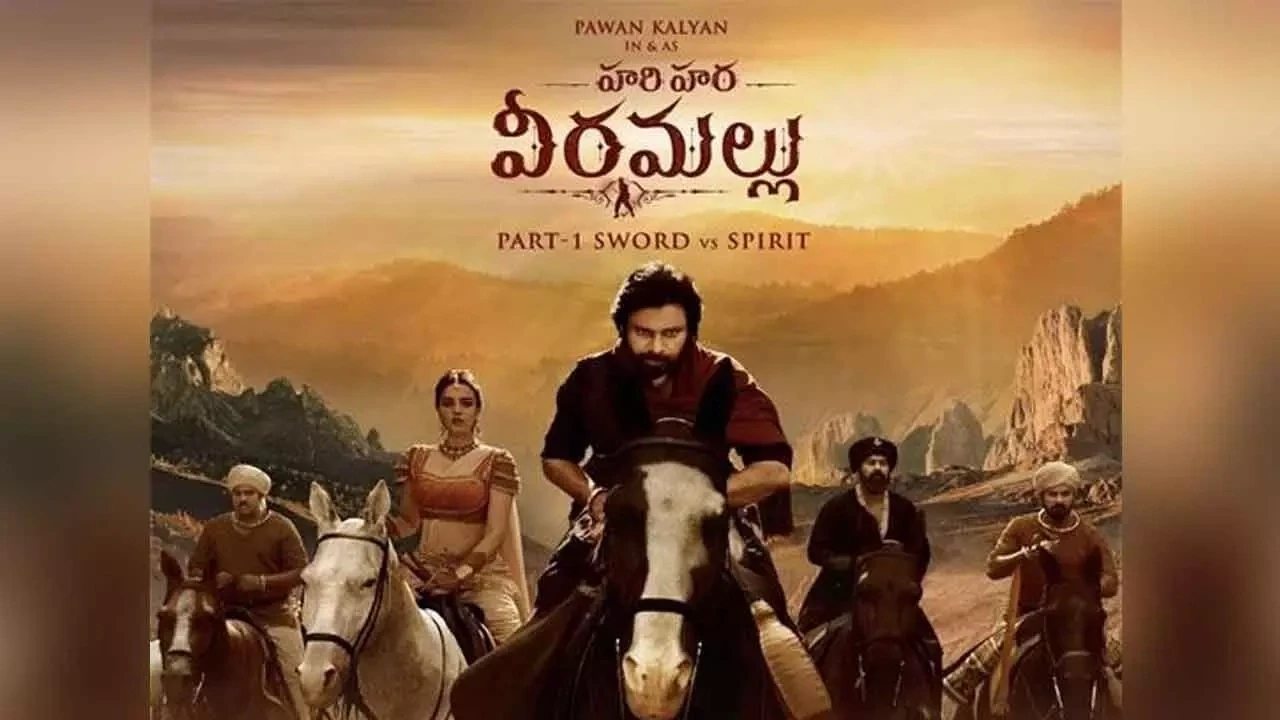Movie piracy is more than just a nuisance or headlining occurrence; it’s a deep-seated crisis eroding revenues, frustrating creators, hurting every part of the movie ecosystem, and undermining the very fabric of cinema.
The recent crackdown by the Hyderabad Cybercrime Police has brought into stark relief just how sophisticated and damaging the piracy racket has become.
The Hyderabad Police recently dismantled a major movie piracy network, arresting five individuals involved in leaking and illegally distributing Telugu films. The leaks included movies like ‘HIT: The Third Case,’ ‘#Single,’ ‘Kuberaa,’ and ‘Hari Hara Veera Mallu’.
The methods adopted by the cyber criminals were alarming: stealing HD copies from digital service providers, cam-recordings inside theatres during screenings on the opening day and hacking digital media servers. Filming in theatres wasn’t the only problem; digital piracy platforms, torrent websites, Telegram channels, and illegal streaming portals were used to distribute the illegally acquired content.
Disturbingly, authorities also revealed that some of the piracy sites are financially supported by online betting and gaming company sponsorships.
All told, the financial losses are huge. According to film industry estimates, Tollywood alone has lost nearly Rs.3,700 core due to piracy in the last five years. Producers say that pirated copies are showing up online within hours of the release of the film, thus severely reducing theatrical footfall.
Beyond money, piracy damages production houses, theatre owners, distributors, and the many people in the movie ecosystem whose livelihoods depend on cinema-from technicians to marketing staff. Creativity, trust, and risk-taking suffer when revenues are unpredictable.
Tammareddy Bharadwaja, noted Tollywood director and producer, voiced his concern after the Hyderabad Police busted a major piracy racket. He said, “Technology is being misused in a dangerous way. What worries me even more is that many of these piracy websites are financed by betting apps. Young audiences who visit these sites for movies often get diverted towards betting, which is far more harmful. This menace should be eradicated from the ground level. More than just treating it as a piracy issue, it must be taken seriously as a larger social threat.”
He added, “The piracy started from the moment CDs came into usage. Fifteen years ago, we had once caught the persons who were making this piracy and burnt the CDs.”
Mohan Srivatsa, a young director of recently released ‘Tribanadhari barbarik’ said, “The use of HD prints of pirated movies is alarming and ruining the film industry. Ninety per cent (of those involved in genuine filmmaking) are losing their hard-earned money. Piracy is the biggest example to showcase that technology is been used in a wrong way. If this continues, small theatres will shut down, and even big releases will struggle to recover costs.”
Such worries and more were echoed during the high-level meeting of the police and film industry stakeholders. At that meeting, in which stars like Chiranjeevi, Venkatesh Daggubati, Nagarjuna and Nani, along with producers, exhibitors, and digital partners took part, everybody emphasised that piracy is not only theft of content, but also theft of opportunity and sustainability.
“Piracy is killing theatres. When a film leaks online within hours of its release, families hesitate to buy tickets. Theatres depend on the first weekend’s footfall, and piracy takes that away. We are trying our level best to stop this in theatres but somehow the culprits manage to get the data. It has been more after everything got digitalised,” says Venkat, senior manager, programming and operation, Prasad’s Imax. “Piracy is our biggest enemy today. We invest crores in acquiring rights, planning releases, and promoting films.”
